At Souvenirs, we strive to inform our readers on all aspects of the abroad experience, not just the Instagram-perfect moments. Today, we’re here to tell you how heckin’ expensive studying abroad can be. This article is certainly not meant to discourage you from going because of the costs. It is to make you aware of all the things you need in order to be well prepared. Studying abroad is expensive, but it’s worth every single penny. We promise.
Tuition
The tuition rate depends on your program and university. You may have to pay tuition for the university which you are studying at, which is likely more expensive than your normal tuition since you’ll be an “out-of-country” student. Or, you may pay your normal tuition rate along with a fee on top of it. No matter what, the odds are you’ll be paying more.
Passport
To get a U.S. passport book, you have to pay an application fee (which is currently $110) and an execution fee (currently $35). To renew your passport (which you must do every 10 years) you pay another $110 for a new book. Passports can take several weeks to create, so if you need it ASAP, you must expedite it for $60.
Visa
A visa is a sticker or stamp (not the credit card) in your passport that gives you permission to stay in a country for a specific amount of time and is necessary for studying abroad. Costs of visas vary per country; I paid over $400 for my U.K. student visa. Again, it takes a while to process it, so you may have to rush the order, which – you guessed it – has a fee.
Insurance
Your insurance provider may recommend or even request that additional insurance (health, life or whatnot) be applied to you. It’s also smart to purchase travelers insurance, which can cover things like cancelled flights and stolen items.
My parents take care of my insurance, so I’d recommend talking to whoever manages your insurance about it.
Immunizations
If you’re going to a less-developed or more rural area, you’ll probably have to get vaccines or medicine to avoid getting sick. Fortunately for UW students, UHS has a Travel Clinic where you can (in most cases) receive a free health consultation from a doctor about the specific country/countries you’re going to. However, vaccinations and medications will almost always have a fee, which ranges depending on your insurance and the type of vaccine/medication. For a comprehensive list of costs for specific services at UHS, visit https://www.uhs.wisc.edu/about-uhs/costs/.
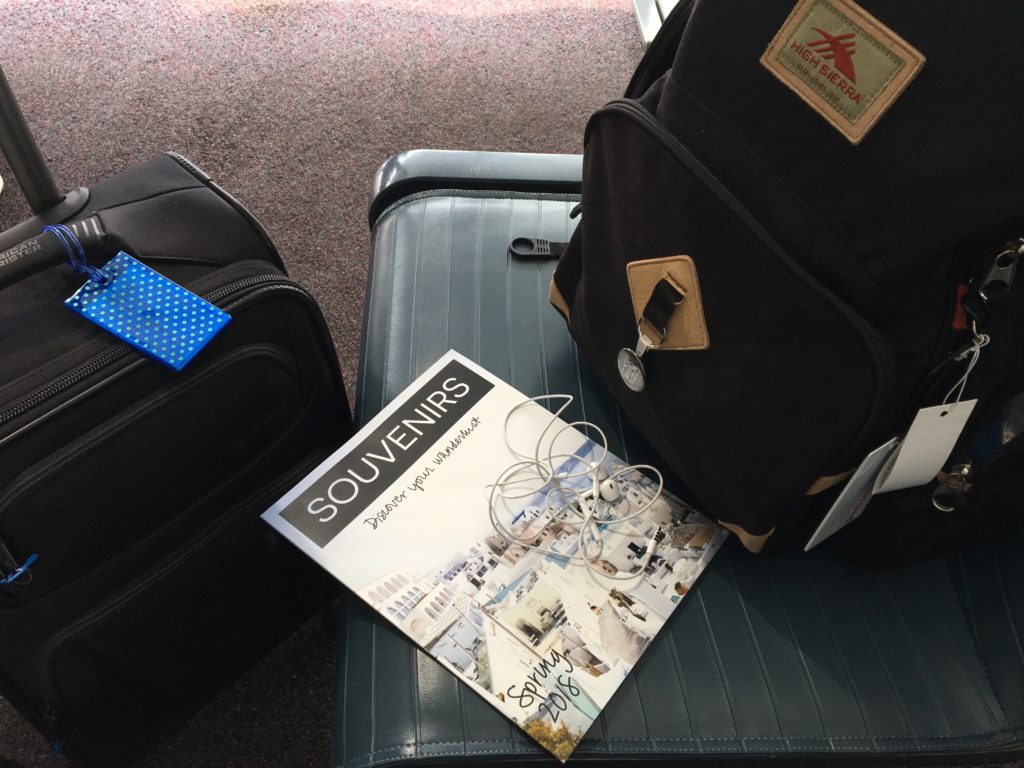
Luggage
Most people don’t have to pack up six months of their lives on a regular basis, so you’ll probably have to buy a ginormous suitcase unless you happen to have one handy. You’ll also likely have to get a big backpack or something of the like, which you can use both as your carry-on and for weekend traveling. From my experience, I suggest investing in quality luggage. You don’t want a wheel popping off your 56-pound suitcase after an eight-hour flight and have to drag it the rest of the way to your flat. Not like that happened to me or anything. Quality products will be safe, reliable and last for years and countless adventures.
Wardrobe
Depending on the weather and fashion of where you are going, you’ll have to buy new clothes (including an appropriate jacket), not just to be comfortable in whatever weather or terrain, but to fit in with the local style so you don’t stick out. This is particularly important if you’re going to a country where fashion is modest (especially on women), like the Middle East.
Shoes
It’s super important to have nice walking shoes because you’ll be trekking around a lot. For warmer climates, I’m a huge fan of Chacos. Like your luggage, definitely invest in quality shoes so they don’t fail you at inopportune times.
Tip: Break in your shoes before you wear them for a long amount of time to prevent blisters.
Outlet converters
Outlet converters are small and don’t cost much, but they are your lifeline nowadays if you want to stay charged and connected. Make sure you get some before you depart (they’re convenient to purchase from Amazon), then you can charge up right when you land if you need to.
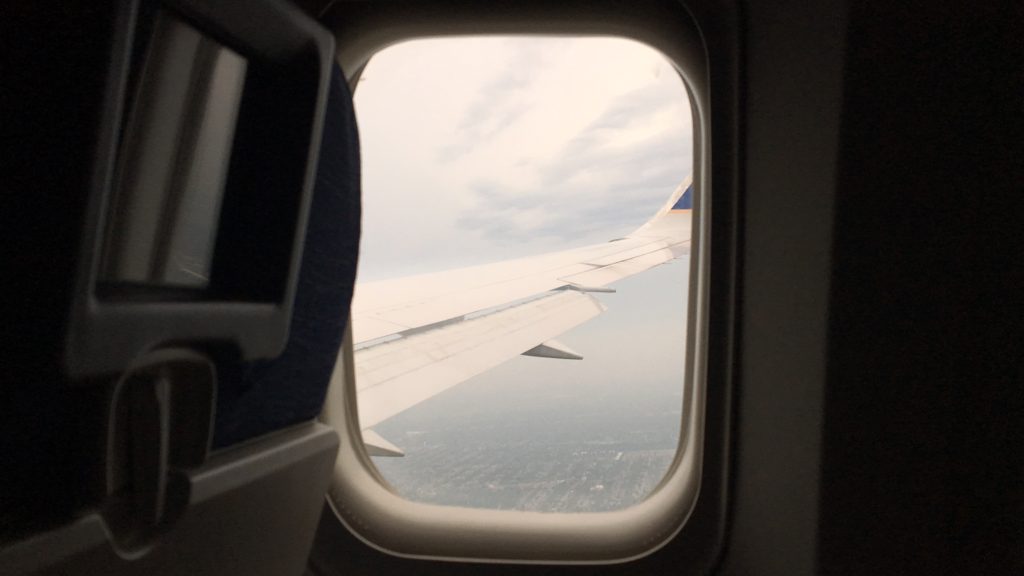
Plane ticket
Once you’re prepared to go abroad, you actually have to get abroad. Round-trip international flights can range from $600 to $1,500, sometimes more, depending on the time you purchase the tickets and the locations you are flying out of/into. You might also look into purchase insurance on your flight, which usually isn’t too expensive, in case of things like cancelled flights or lost luggage. Pro tip: the best time to look for a plane ticket usually is the beginning of the week, on Monday, Tuesday or Wednesday.
Transportation from the airport
Once you land, you have to get yourself out of the airport, which might be by bus, train or taxi. Head’s up – taxis can be expensive.
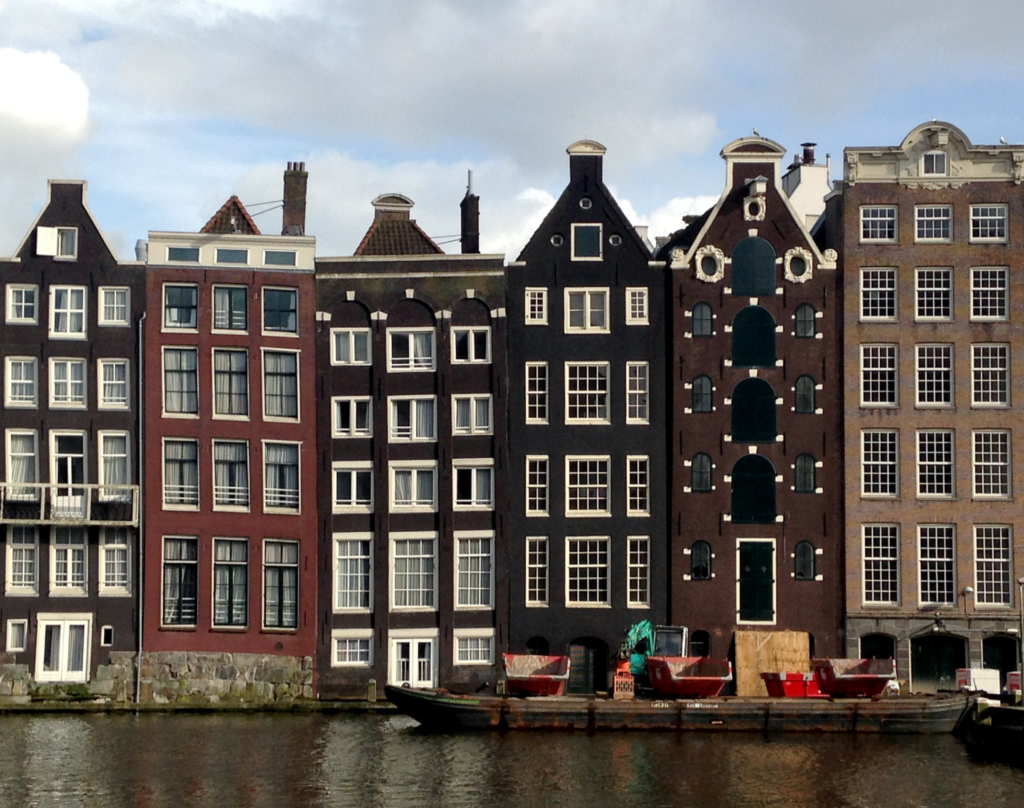
Housing
Whether you live in a dorm, apartment, with a host family or where have you, you’ll have to pay for it in some way or another, and chances are it’s not going to be cheap (sorry). You may have to pay for utilities as well, which could include electricity, water and wifi.
Bedding and towels
Some programs and housing accommodations provide bedding and towels, others do not. If that’s the case, you have to buy your own sheets, comforter, pillows, bath towels and hand towels.
Toiletries and hygiene products
You may receive toiletries if you’re doing a home stay, otherwise you’ll probably meet a completely empty bathroom in an apartment or dorm. Pack travel-size toiletries (so they don’t take up too much space or weight in your luggage) to use for the first couple days after arriving before you can get to a store and get the serious stuff. Then save those small containers so you can use them for weekend travel.
If you have products that you really love and/or are not sure if they’ll be available in your host country (such as hair oil or your favorite tampons, two things I brought), pack the big size or enough quantity to last you through your duration abroad.
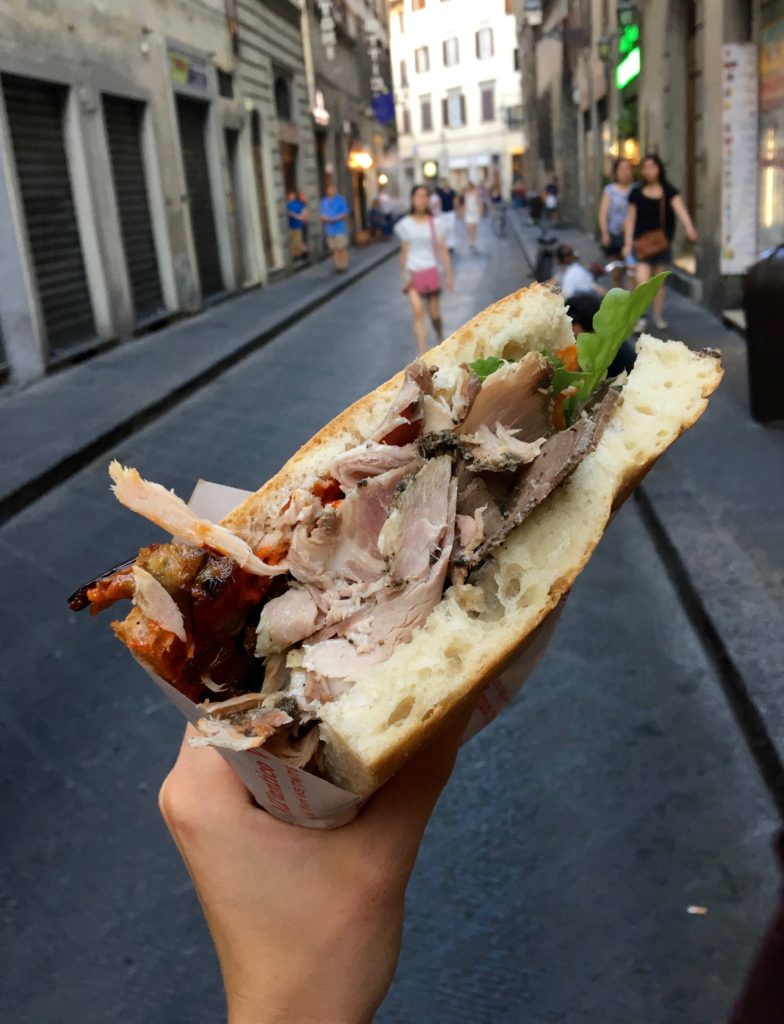
Food
Like any place you live, you have to buy food to, you know, stay alive, be it through groceries, dining out at restaurants or perhaps a meal plan if you’re in a dorm. Also keep in mind that you’ll be purchasing drinks if you go out.
Phone plan
You gotta stay connected somehow. You have a variety of options, including an international plan with your current provider, a SIM card from your host country, a local plan in your host country, or just going wild and data-free with no plan. These all range in price, with no plan obviously being the cheapest and an international plan probably being the most expensive.
Transportation around your city
Most cities have metro or bus systems, for which you can get monthly passes. A subway pass was included in my program fee, which I found convenient because I didn’t have to mess with buying one on my own. There will also be times when you call a taxi or Uber/Lyft (if available in your city). Lots of cities in Europe are bike-friendly, so maybe you’ll rent or buy a bike for your time there.
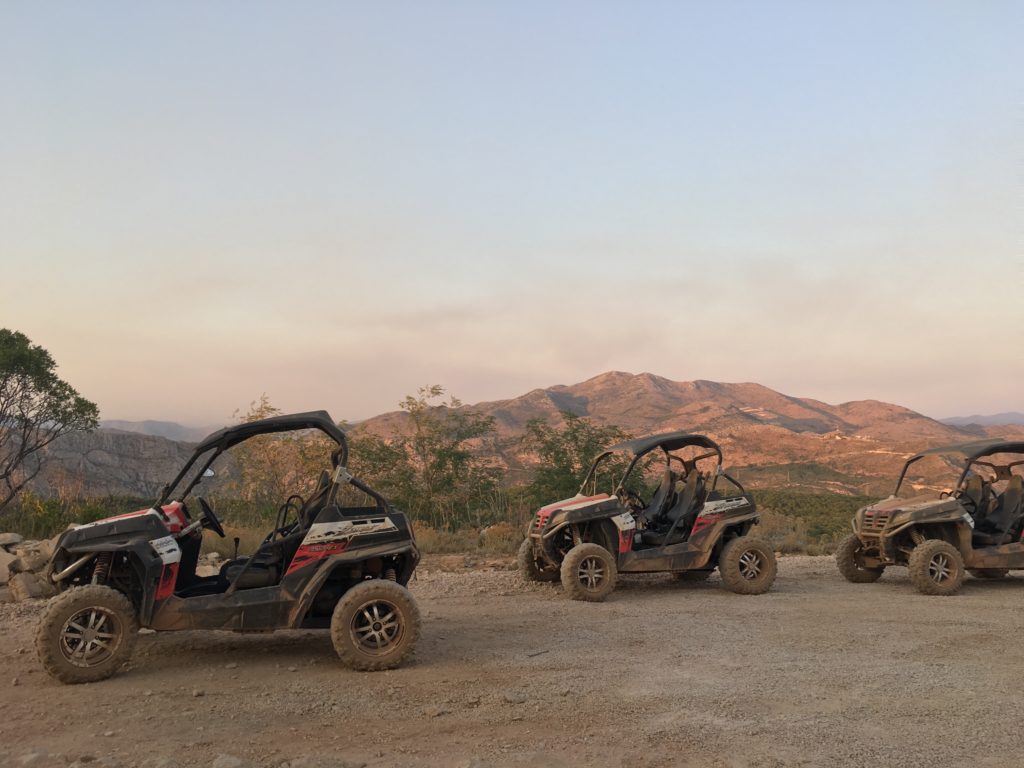
Weekend travel
When you travel on the weekend, you have to pay for transportation to your destination (plane, train, bus, etc.), transportation around the place (like a metro/subway pass or taxis) accommodation (hostel, hotel, Airbnb, etc.) and food (which you’ll likely have to purchase at restaurants for each meal, since it’s sometimes tricky to cook unless you have access to a kitchen).
Souvenirs
You’re going to want to remember your time abroad with a little something special. Whether it’s t-shirts or postcards, shot glasses or jewelry, magnets or mugs, souvenirs are great for remembering the places you visit. Depending on what you get and how often you get them, souvenirs can rack up costs quickly. Luckily, they vary in prices, so it’s not hard to pick out low-cost souvenirs.
—
Again, we don’t want to scare you with this article. Instead, we hope it provided valuable information to help prepare you. If you have questions or concerns about these expenses, feel free to reach out to us and we’ll point you in the direction to get financial advice.
Are you stressed about spending? A guide on how to save money while studying abroad is coming soon on Souvenirs.

